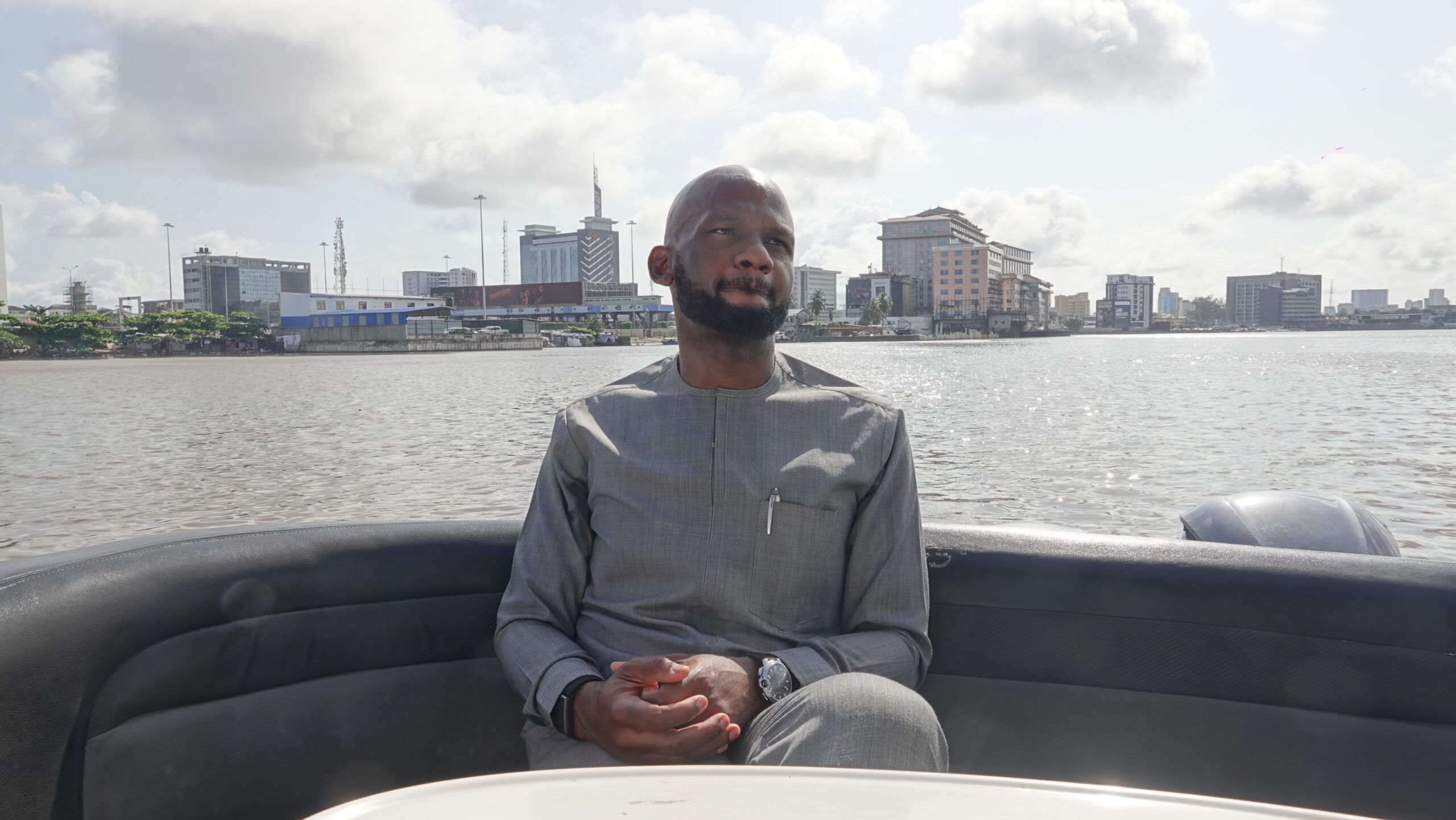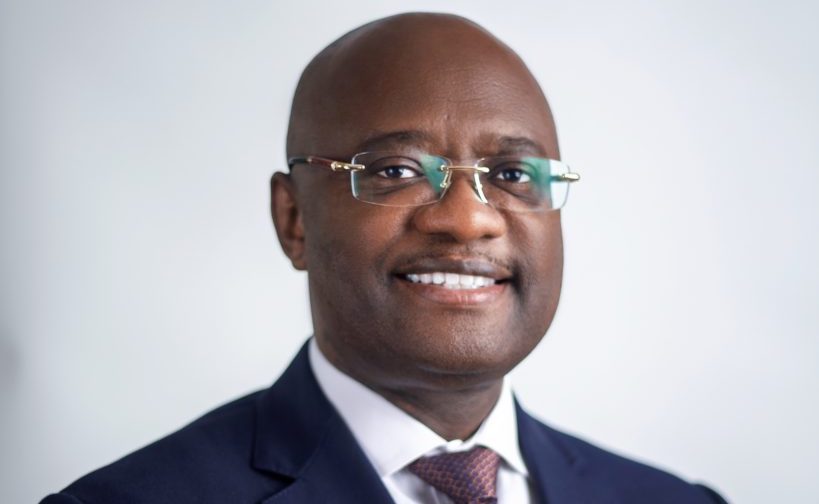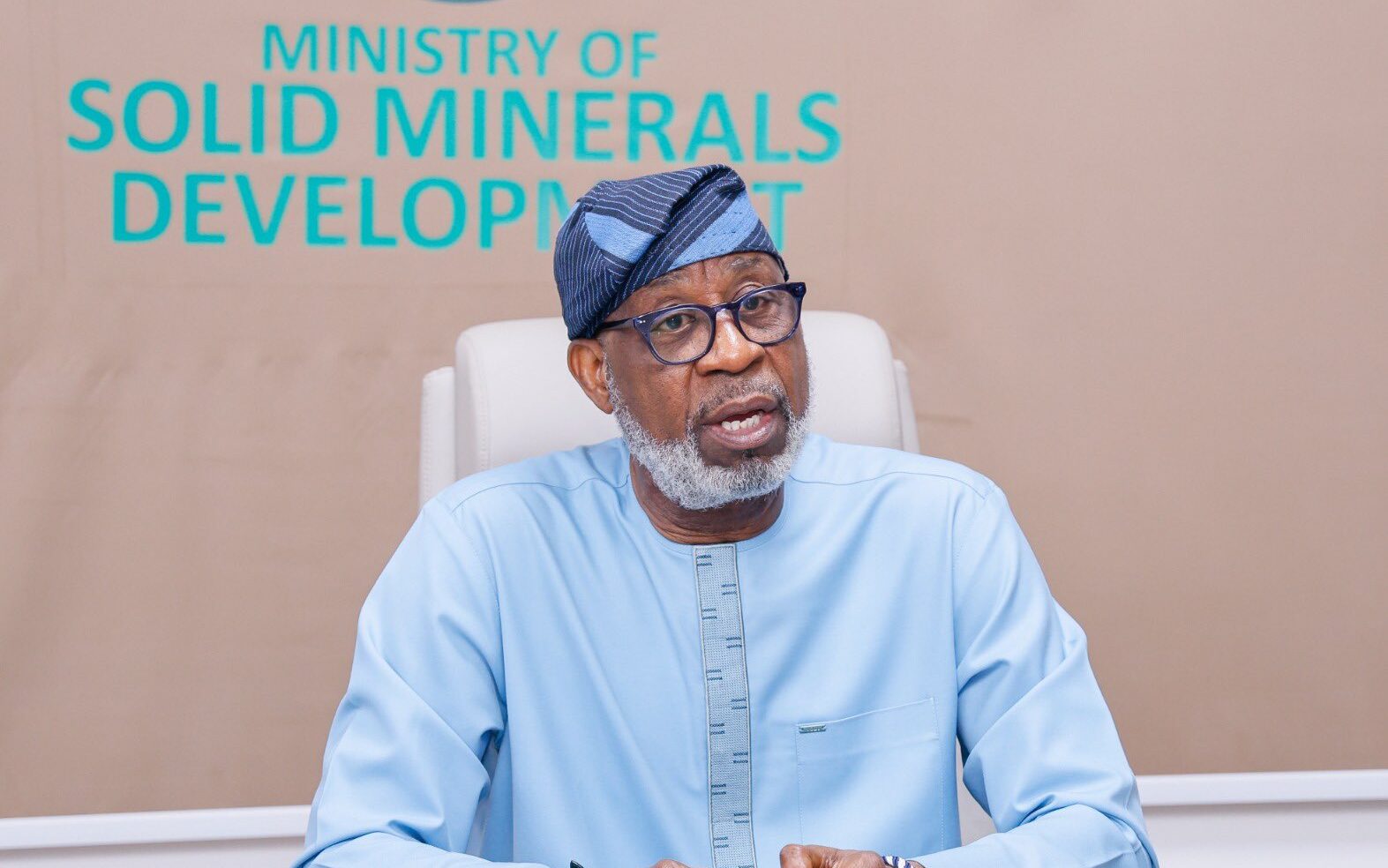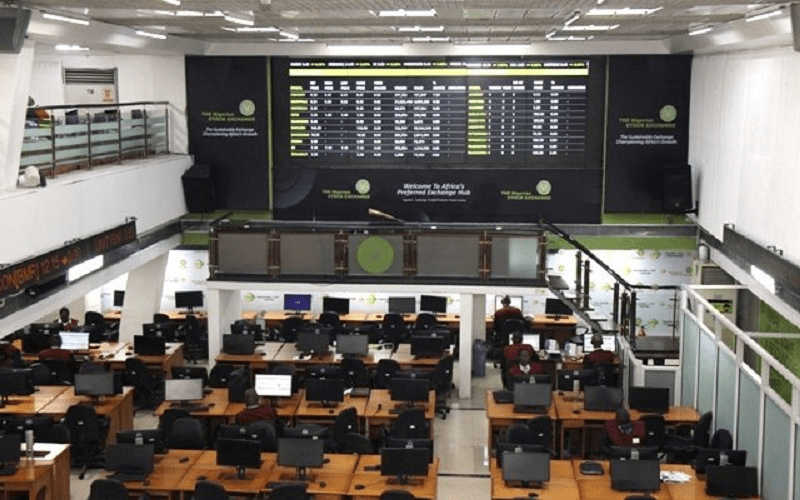TUNDE OLUSUNLE pays tribute to the former military governor and politician
Saturday September 20, 2025, Babatunde Jonathan Ogbeha received an Honorary Doctor of Science in Public Administration, (Honoris Causa), from the Benson Idahosa University, (BIU), in Benin City, the Edo State capital. Ogbeha, easily one of Nigeria’s most multifaceted, most experienced public servants, was so recognised because of his patriotic, multidimensional service to his fatherland in a most eventful, lifelong career. Indeed, even as he approaches the league of octogenarians, Ogbeha’s resumè continues to resonate in fora and quarters of dispassionate identifiers of selfless investment in the national cause, over time, regimes and dispensations. If this prophet was first recognised outside his own home, acknowledgement from his homebase was bound to come.
Soldier, diplomat, military governor, activist, democrat, parliamentarian, administrator, broadcast entrepreneur, community leader, very few Nigerians equate the astounding curriculum vitae of Tunde Ogbeha, who retired from the Nigerian Army as a Brigadier-General in 1993. His name first came to national consciousness back in September 1987 when Nigeria’s sole military President till date, General Ibrahim Badamasi Babangida altered the country’s geopolitical atlas by creating two new states, Akwa Ibom, out of the old Cross River State, and Katsina from the ribs of the erstwhile Kaduna State. This moved the number of states in Nigeria from 19 as enthroned by the administration of General Murtala Ramat Mohammed in February 1976, to 21. While Ogbeha, then a Colonel, was appointed the pioneer Military Governor of Akwa Ibom State, his colleague Abdullahi Sarki Muhktar was entrusted with the responsibility of midwiving the newborn Katsina State.
Before his Akwa Ibom public debut, however, Ogbeha had functioned critically behind the scenes in the military coups which removed Nigeria’s Second Republic President, Shehu Usman Shagari from office on December 31, 1983, and the follow-up putsch of August 27, 1985, which ousted General Muhammadu Buhari. His role in the 1985 change of government consummated his place as one of Babangida’s “star boys.” This culminated in his appointment as Nigeria’s Ambassador to Equatorial Guinea. In 1986, Ogbeha was recalled from Malabo and sent to the National Institute for Policy and Strategic Studies, (NIPSS), in continuation of his intentional grooming for higher future responsibilities.
Ogbeha was barely one year on his schedule in the fledgling Akwa Ibom State when Babangida redeployed him to what was then known as Bendel State in July 1988. People familiar with the place of the old Bendel State in the national scheme, know it occupies a position of sociopolitical preeminence being the core of Nigeria’s post-independence *Midwestern Region,* one of Nigeria’s four administrative units in that milieu in the nation’s history. In the August 27, 1991 states’ creation exercise equally undertaken by Babangida which increased the number of states in the country to 30, Bendel State sired contemporary Edo and Delta States. This is indicative of the magnitude of responsibility Ogbeha was entrusted at the time, a brief he would man for the succeeding two years. It will not be out of place to say that Ogbeha has been Governor of three states in Nigeria at various times going by the acreage of his administrative superintendence.
A most committed patriot, Ogbeha was very helpful in bedding in his new home state, Kogi, after the entity was stitched together from parts of the old Benue and Kwara states. He ceded his personal house, a twin-bungalow in GRA, Lokoja, capital of the new creation, to the premiere government led by Colonel Dan Danladi Mohammed Zakari, for immediate deployment as makeshift “Government House.” Till date, that simple residence remains Ogbeha’s only address in the capital of his home state, even as he refused to join the craze for the construction of an AI-designed, Hollywood-style complex in the name of a ” befitting country home.” I was a regular in Ogbeha’s Lokoja home in the years when politics was sanity, ever sure of civilised reception.
Two years later in 1993, Ogbeha retired from military service. Babangida his benefactor had annulled the presidential poll of June 12, 1993, won by the multibillionaire businessman Moshood Kashimawo Olawale Abiola, an election generally adjudged Nigeria’s freest and fairest ever. The global outrage stirred by this development and the emergence of General Sani Abacha as Head of State three months after Babangida stepped outside from office, triggered very rapid and complex aftermaths. Abacha was unwilling to reinstate Abiola’s hard fought mandate, savouring the quasi-supreme powers of an absolute dictator. As many of his military colleagues, members of the political class and the civil society who continually canvassed the restoration of Abiola’s mandate, became targets of Abacha’s blood hounds. Such innocent Nigerians were brazenly liquidated in their homes or on the streets. Ogbeha, a quiet pro-democracy advocate, speedily dialogued with his feet in the circumstances and sought momentary refuge abroad.
Ogbeha returned from his foreign breather as one of the midwives of Fourth Republic politics driven by General Abdulsalami Abubakar, in 1998. He contested to represent Kogi West in the Senate and won the 1999 election, becoming a focal figure not only in the politics of his senatorial district, but his state, geopolitical zone and nation at large. He was reelected into the Senate in 2003. He refused to succumb to the bug of self-perpetuation in office despite his relative material comfort, political incumbency and overwhelming goodwill. He elected to presage a gentlemanly template for a two-term rotational stint per federal constituency in the Senate, between the three federal constituencies in Kogi West. This, however, was violated by Ijumu local government area, in Kabba-Bunu/Ijumu federal constituency, which singularly appropriated the position for a whopping four terms: 2007 to 2011; 2011 to 2015; 2015 to 2019, and 2019 to 2023. Such wholesale grabbism is unprecedented in senatorial politics anywhere in Kogi State.
One who always had an abiding interest in the media, Ogbeha established the *Confluence Cable Network* in Lokoja to provide an alternative to the Nigerian Television Authority, (NTA) which was the sole broadcast medium in Kogi State for several years. It is an integrated radio and television station reputed for authoritative reportage, heard beyond the spatial boundaries of Kogi State. In 2009, former President Umaru Musa Yar’Adua appointed Ogbeha to the Board of the Niger Delta Development Commission, (NDDC), as Member Representing the North Central Zone. Much as he has not been in active politics in recent years, Ogbeha remains a staunch advocate for equity, fairness and justice in the political scheme in Kogi State. He is stridently for inclusivity and accommodation, and cannot understand why any section of the multicultural, multi-ethnic Kogi State will solely warehouse the governorship for instance, to the exclusion of other components of the state.
Ogbeha has had his fair share of frustrations in the politics of state and nation and indeed signalled his intention to take a backseat as an elder statesman especially after he ascended the septuagenarian bracket eight years ago. His infectious personality, uncommon simplicity, earthy accessibility, courage and bluntness, however, have ensured that the political class continues to flock around him, the way butterflies dance around the nectar. Engage him in standard English, Nigerian pidgin English or Hausa and Ogbeha levels up with you. For a man of his humongous attainments, he wears no chips on his shoulders. He calls me *namesake* whenever, wherever we meet, ever generously offering a warm and affectionate handshake and smile.
On Saturday October 18, 2025, Ogbeha for the second time within a month, mounted the rostrum to receive another honorary conferment. On the occasion of the Ninth Convocation Ceremony of the Federal University Lokoja, (FUL), Senator Tunde Ogbeha received yet another Honorary Doctor of Science, (Honoris Causa). Vice-Chancellor of FUL, Professor Yemi Akinwumi who proposed Ogbeha for the award has been most impressed by his selflessness on issues of the development of Kogi State, host space of the university. Back in 2016 indeed, the same institution invested him with an “Award of Recognition,” during the maiden convocation for the award of degrees and diplomas. Ogbeha’s friends and associates in good numbers, honoured him with their presence at the Lokoja programme, Emeritus President of the Nigerian Senate and longstanding military course mate, bosom friend and colleague, Senator David Mark at the head of the party. Political leaders from Kogi State including former Chief of Staff in the Presidency, Asiwaju Sola Akanmode; former Deputy Governor, Yomi Awoniyi, and former federal parliamentarians Musa Ahmadu, Sola Ojo, Tolorunju Faniyi, Samuel Aro, among others, equally graced the event.
This string of unsolicited decorations pouring in at this time in the life of General Tunde Ogbeha, is attestation to the uncommon verve, deep immersion and rare altruism with which he has served his nation and people in a multiplicity of capacities across moons and seasons. In all of these, he has retained his sterling integrity and uncompromising forthrightness on issues, no matter how tough, no matter how tricky. He takes a position either way and is not one to be found on the fence of prevarication. Ogbeha is a deserving recipient of several other honours and awards, including that of *Commander of the Order of the Niger, (CON),* one of Nigeria’s most prestigious national honours. He equally holds the title of *Lakpeni of Lokoja,* which makes him one of the closest confidants of the paramount ruler of the community, the *Maigari of Lokoja.* This is joining the chorus of felicitations and clinking glasses, as the amiable: Member of the National Institute, (mni); two-time former Military Governor; Ambassador; General; Senator; Broadcast Proprietor; Community Leader; Tunde Ogbeha is adorned with yet another epaulette by the academia for a life of conscientious and untiring service to fatherland.
Hearty congratulations!
Olusunle, PhD, Fellow of the Association of Nigerian Authors, (FANA), is an Adjunct Professor of Creative Writing at the University of Abuja





